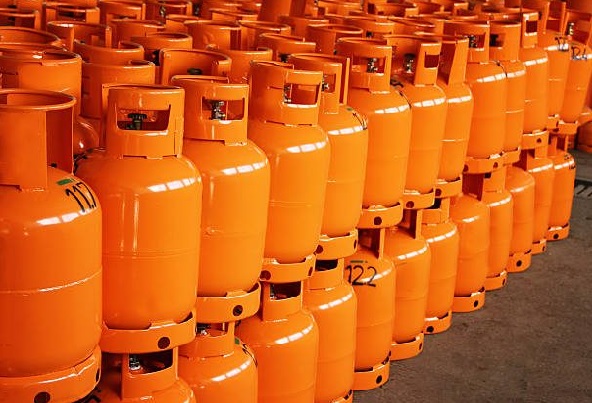
September too early to roll-out Cylinder Re-Circulation Model, LPG marketers demand more education
The Vice President of the Liquefied Petroleum Gas (LPG) Marketers Association, Mr. Gabriel Kumi says plans to implement the Cylinder Re-Circulation Model (CRM) in September by the National Petroleum Authority (NPA) is way too early.
According to him, there has not been enough public education on the policy which has led to misunderstanding and called for intensified public education before a complete roll-out.
“NPA has set next month for the implementation, and so we have less than a month and the public confusion indicates that consumers are not ready and so there is a need to educate the public on the model so that we don’t confuse the public in the roll-out of the model,” Mr. Kumi said on Eyewitness News on Citi FM.
He was also of the view that there was so much misinformation surrounding the implementation of the project which needed to be addressed and urged the NPA to proceed cautiously.
“Our initial discussion was that we should buy back all cylinders in the system because there are a lot of them out there that are obsolete and need to be changed, and it will be difficult to tell them to simply discard them and get new ones in anticipation of the model’s roll-out,” he said.
He continued: “Not until last week that the NPA had a press conference, I did not know the Ghana Card was going to be used in the policy’s implementation. There is little education on this policy, and so we have to take our time to ensure the people understand the policy before it is implemented, and we can even give ourselves up until January 2024 to roll it out.”
The CRM is to ensure that at least 50 per cent of Ghanaians have access to safe, clean and environmentally-friendly LPG by 2030.
Per the CRM policy, cylinders procured from manufacturing companies would be sent to bottling plants to be filled.
The filled cylinders will be transported in bulk to exchange depots for holding and sorting before transporting them in quantities to cylinder exchange points where consumers can register and pay for any quantity for domestic and commercial consumption.
Specialised trucks will be used to transport the filled cylinders from the bottling plants to the retail stations or exchange points, where consumers will exchange their empty cylinders for filled up ones.
